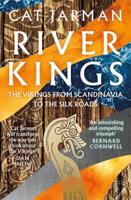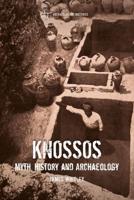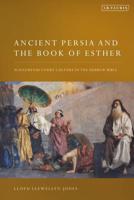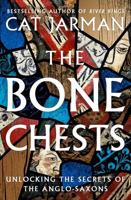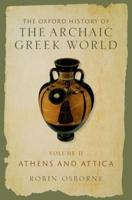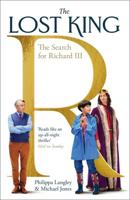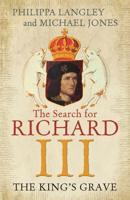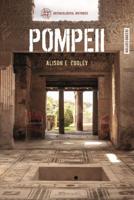Publisher's Synopsis
The expansion of Stansted Airport provided an opportunity to investigate a large area of clay plateau, typical of the north-west Essex landscape. The area was a focus for hunter-gatherer activity as early as the Palaeolithic period, and was first settled by small farming communities in the Middle Bronze Age. From the Middle Iron Age onwards, increasing settlement and population density led to the enclosure of the landscape. Farming and settlement concentrated on the more fertile river valleys and the slopes of the heavily wooded plateau. The Romano-British period saw a decline in the rural population, whilst increasing agricultural intensification led to the first systematic farming of the clay plateau. Woodland regeneration in the post-Romano-British period is clearly demonstrated in documentary sources. Indeed, much of the history of the Saxon and medieval settlement of the area concerns the relationship between agricultural expansion and the surrounding woodland, whilst deer parks such as Stansted Park allowed landowners to demonstrate their mastery of the landscape and its wildlife. This book, along with its accompanying CD-ROM, presents the results of these excavations, allowing the reader to explore both broader historical themes and the minutiae of individual sites, features and finds. The results of earlier work in the area are integrated, providing a coherent historical narrative of human inhabitation.

